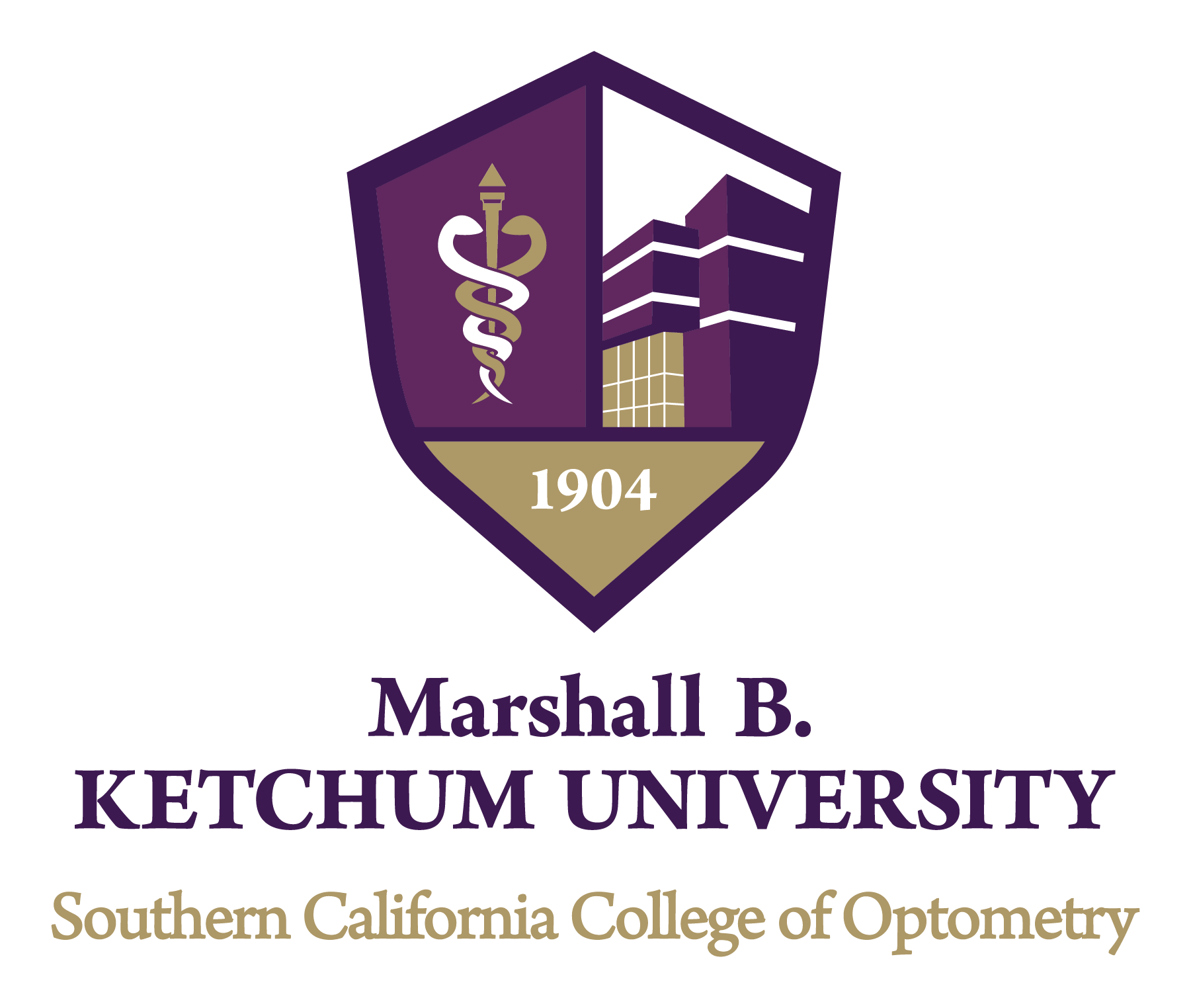Smoking doubles the risk of developing age-related macular degeneration, the leading cause of blindness in developed countries in those age 50 and older.1Often, smokers receive counseling from their primary care providers, yet continue to smoke, putting their health and vision at risk. Studies show that patients are more likely to quit or increase readiness to quit when counseled by more than one type of health professional.2
MBKU’s doctors of optometry plan to reduce the risk of visual impairment from age-related macular degeneration by increasing the frequency with which optometrists counsel their patients on smoking cessation and to provide resources to self-reported smokers during an eye exam. MBKU recently received a grant from the American Optometric Association’s Optometry Cares Healthy Eyes Healthy People State Association Grants to support these plans.
“Marshall B. Ketchum University’s Southern California College of Optometry will collaborate with an experienced team of smoking cessation trainers from the University of California, San Diego from the Center for Tobacco Cessation to orient and train SCCO students and optometrists on effective evidence-based ways to provide smoking cessation counseling to patients,” said Kristine Huang, O.D., M.P.H., Associate Professor.
The project aims to build a community of optometrists, beginning with the university’s eye centers in Fullerton and Los Angeles, where training on evidence-based smoking cessation counseling will be provided along with resources for use during eye exams for the faculty as well as optometry students. In addition, resource material will be provided to patients as reinforcement of the counseling provided.
“Faculty training is a key component as they serve as role models to students. The faculty can propagate and sustain these behaviors in the future beyond this smoking cessation program,” said Melissa Contreras, O.D., M.P.H., Assistant Professor. “In addition, training students who will graduate and settle into practices across the country will work to instill smoking cessation as a necessity and gold standard in these future practices.”
“MBKU doctors look forward to joining the team of health care professionals leading the battle against tobacco use,” said Patrick Yoshinaga, O.D., M.P.H., Assistant Professor. “More specifically, as eye care providers, we can reduce the risk of developing age-related macular degeneration and blindness among our patients.”
References
- Ratnapriya R, Chew EY. Age-related macular degeneration – clinical review and genetics update. Clinical Genetics 2013;84(2):160-166. doi:10.1111/cge.12206.
- An, L.C. Foldes, S.S., Alesci, N.L, Bluhm, J.H., Bland, P.C., Davern, M.E., Schillo, B.A., Ahluwalia, J.S., Manley, M.W. (2008) The impact of smoking cessation intervention by multiple health professionals. Am J Prev Med., 23(1):54-60.

